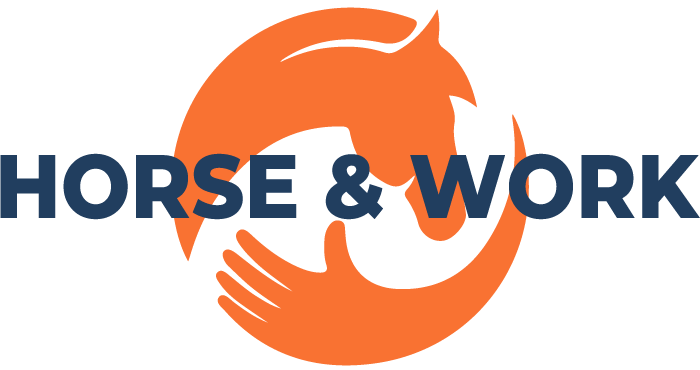You know the classic question: what are your good and bad qualities? Usually, your job interview will ask for three of each. Don’t have an idea of your strengths yet? Don’t worry, just take a quick (online) personality test and you’re good to go. Check out some tips on good qualities below and read on for more about the less good qualities.
Good traits of your character
You know what they say, right? Good qualities are not only what you know, but who you are. Here are 4 examples of good qualities that make an employer happy, and why:
- Positivity: Do your vibes radiate positive energy? Employers love it! An optimistic attitude is contagious and shows resilience. Moreover, as a positive person, you are more inclined to see solutions rather than problems.
- Self-confidence: When you exude confidence, you are persuasive without becoming arrogant. Employers love confident team members who are open to feedback and growth. It shows that you are confident and ready for challenges.
- People skills: Blessed with natural charm and a smooth talk? Employers love it! Social skills are crucial in teamwork and customer interaction. A friendly approach and good communication skills make you a valuable asset to any team.
- Creativity: Are you a source of innovative ideas and new perspectives? Employers applaud it! Creativity brings freshness and dynamism to a team. The ability to think outside the box and solve problems in an original way is worth its weight in gold.
So, remember that your character is at least as important as your skills and experiences. Focus on these strengths, and you’re sure to stand out during your interview!
List of good qualities
Do you feel a little uncomfortable listing your good qualities? No worries! Here’s a list to choose from. Choose three that are a perfect fit for the job you’re applying for.
- Being able to plan and organize well
- Be patient
- Being a good listener
- Dealing well with criticism
- Be reliable, keep appointments
- Being able to work well together
- Being able to let go
- Don’t shy away from confrontation
- Taking initiative, daring to try new things
- Being able to say no when necessary
- Have a lot of energy
- Easily connect with people
- Be creative
- Motivating others
Convince with examples
Make sure you can substantiate your choices. Give concrete examples that show that you have these good qualities. With this approach, you increase the chances of a successful application. Rock it!
What are your less good qualities?
Naming your weaknesses can be challenging during a job interview. Many people are afraid of leaving a negative impression.
It is actually good if you are able to name less strong qualities of yourself. Here’s a list of “weaknesses” to choose from. As with the good qualities, it’s helpful to have examples of the three weaknesses you choose. It is also smart to think about how you can work on this. This shows that you are self-aware and willing to grow!
- Procrastination
- Being impatient
- Not listening to others, talking too much, or overbearing behavior
- The tendency to do everything on your own
- Being a control freak
- Conflict-avoidant behavior
- Don’t dare to make mistakes
- Taking on too much and exhausting yourself
- Difficulty making contact, being closed
- Being so ambitious that you’re going over corpses
- First do, then think
- Caring too much about things
If you have no idea what your weaknesses are, ask for honest feedback from friends or colleagues. It’s okay to indicate during your application that you’ve done this. For example, “When I asked my friends for feedback, they told me that I can be very impatient at times. I am aware of this and am working to improve my patience.” It shows that you are open to growth and development.
Sample Answer Bad qualities
“My enthusiasm can make me impatient. Then I immediately throw myself into something, without thinking carefully first. I am also someone who likes to have a good time in the group, but that also means that I avoid confrontations. Another weakness is procrastination: if I find something difficult, I don’t dare to ask for help quickly, but I postpone the work. In the end, I always meet the deadline, but it does cause stress.”
